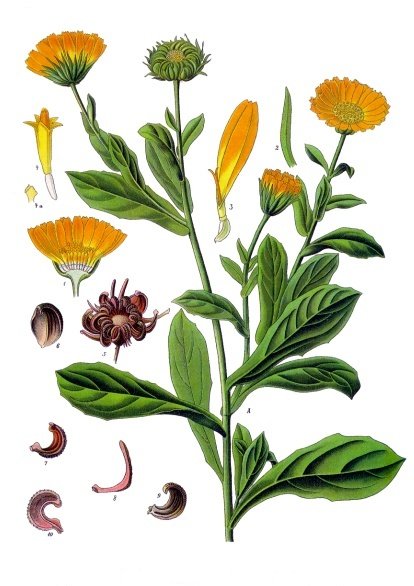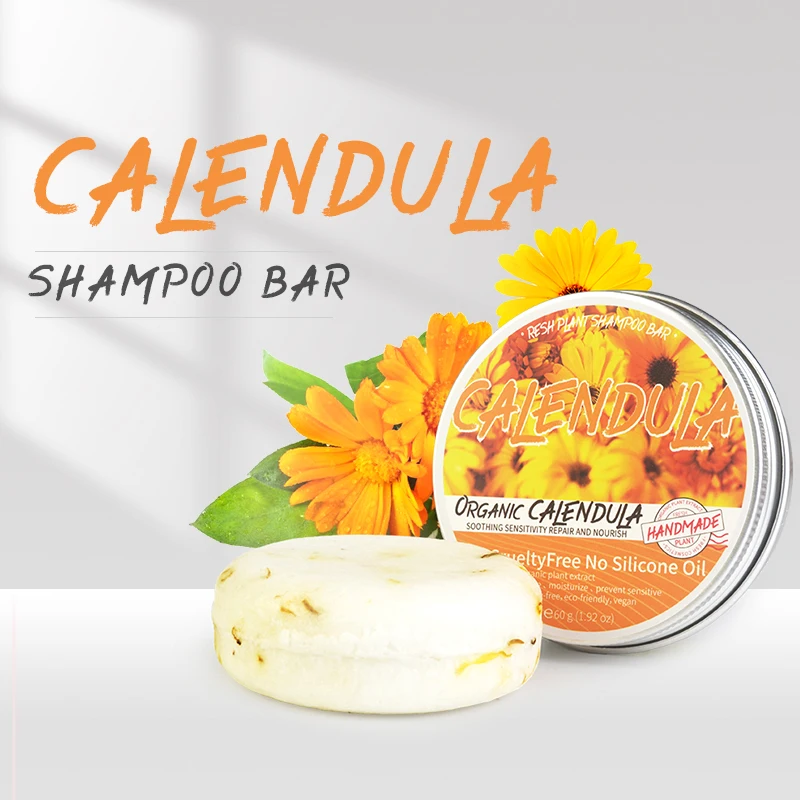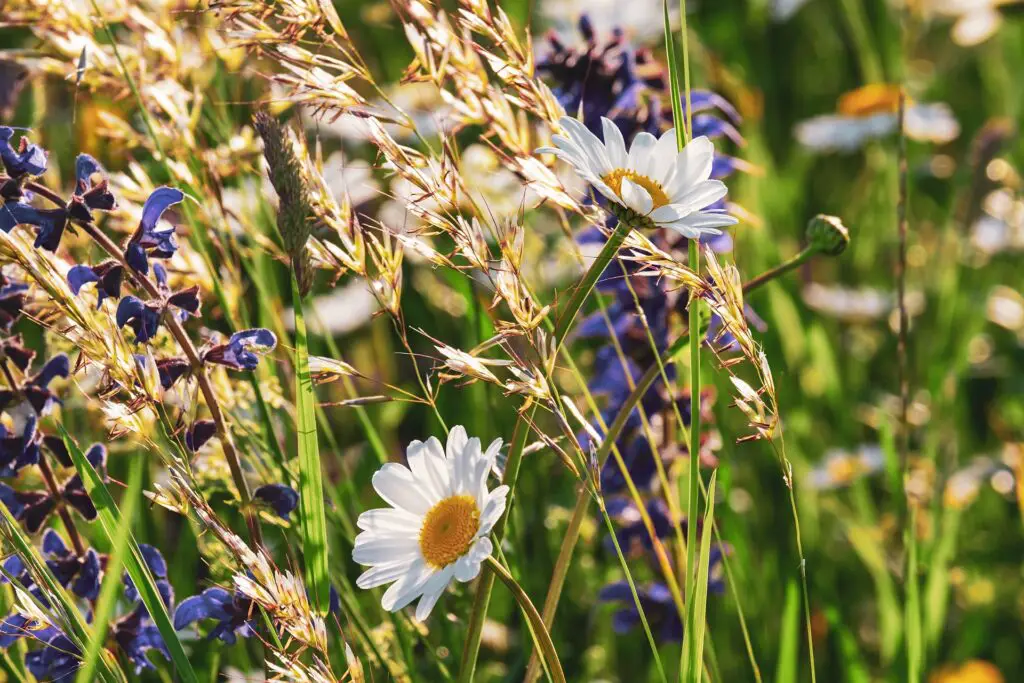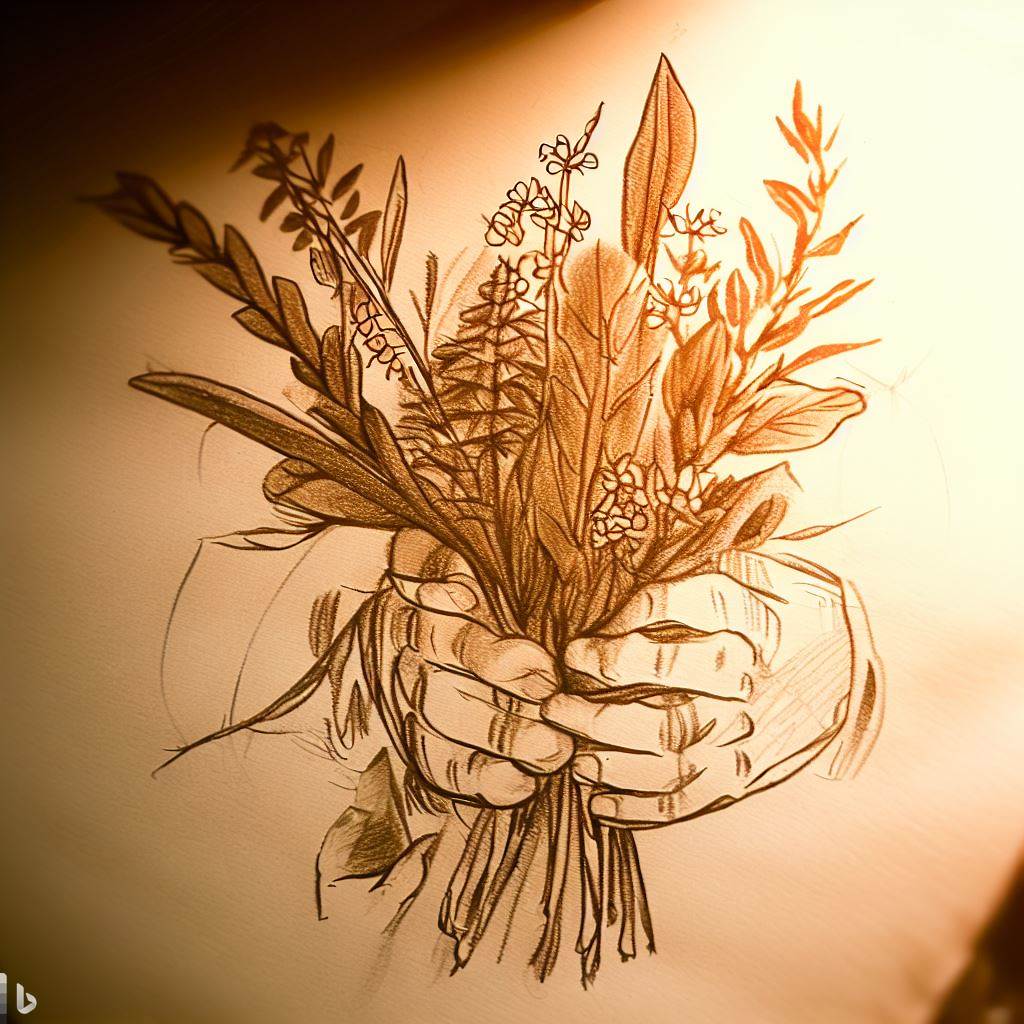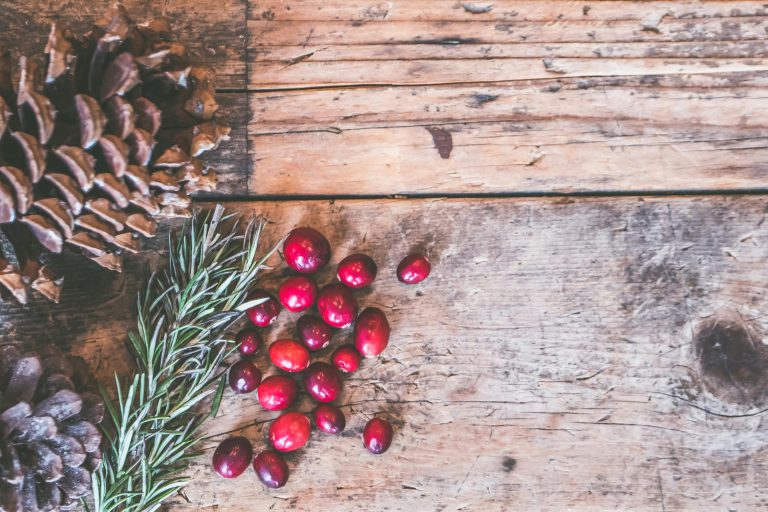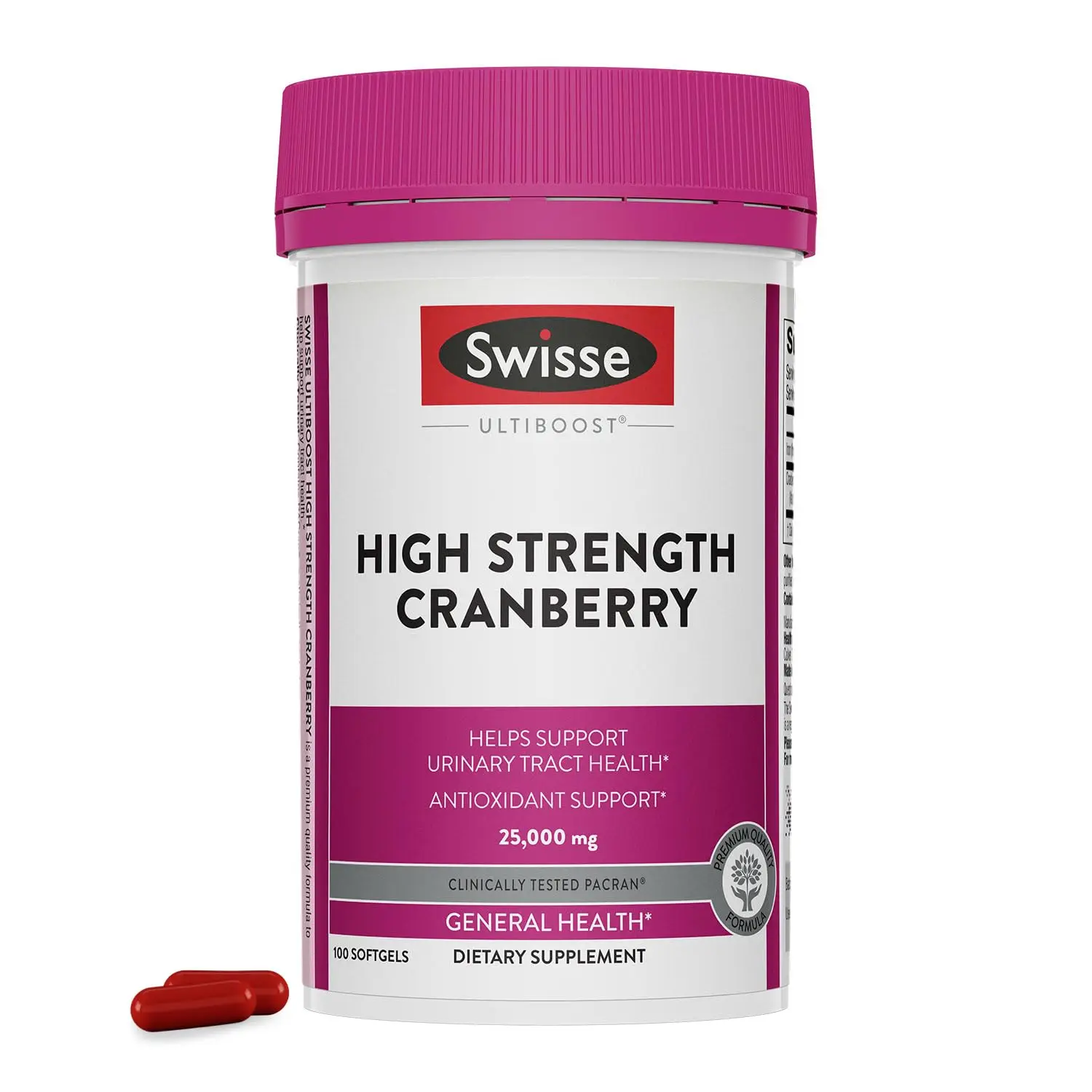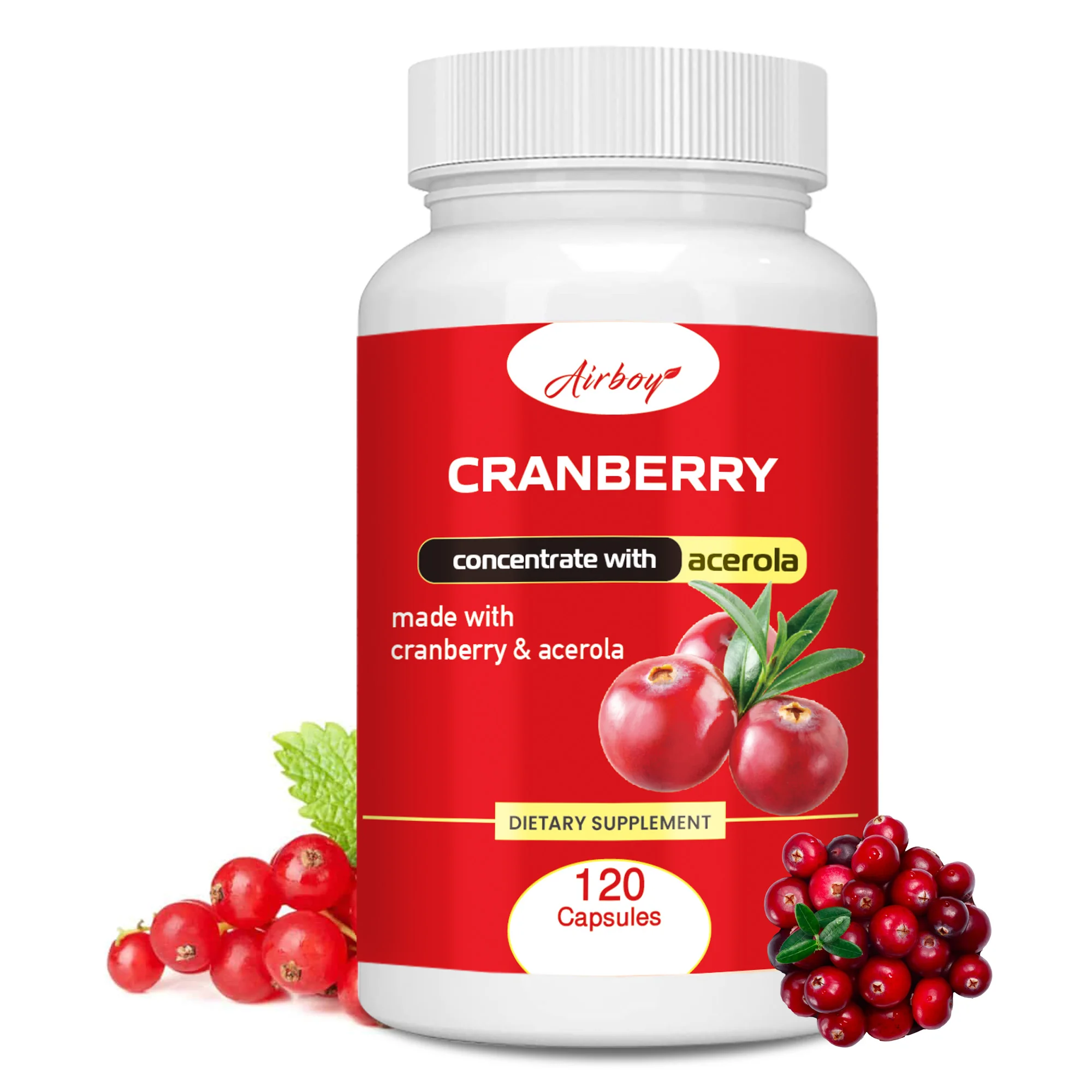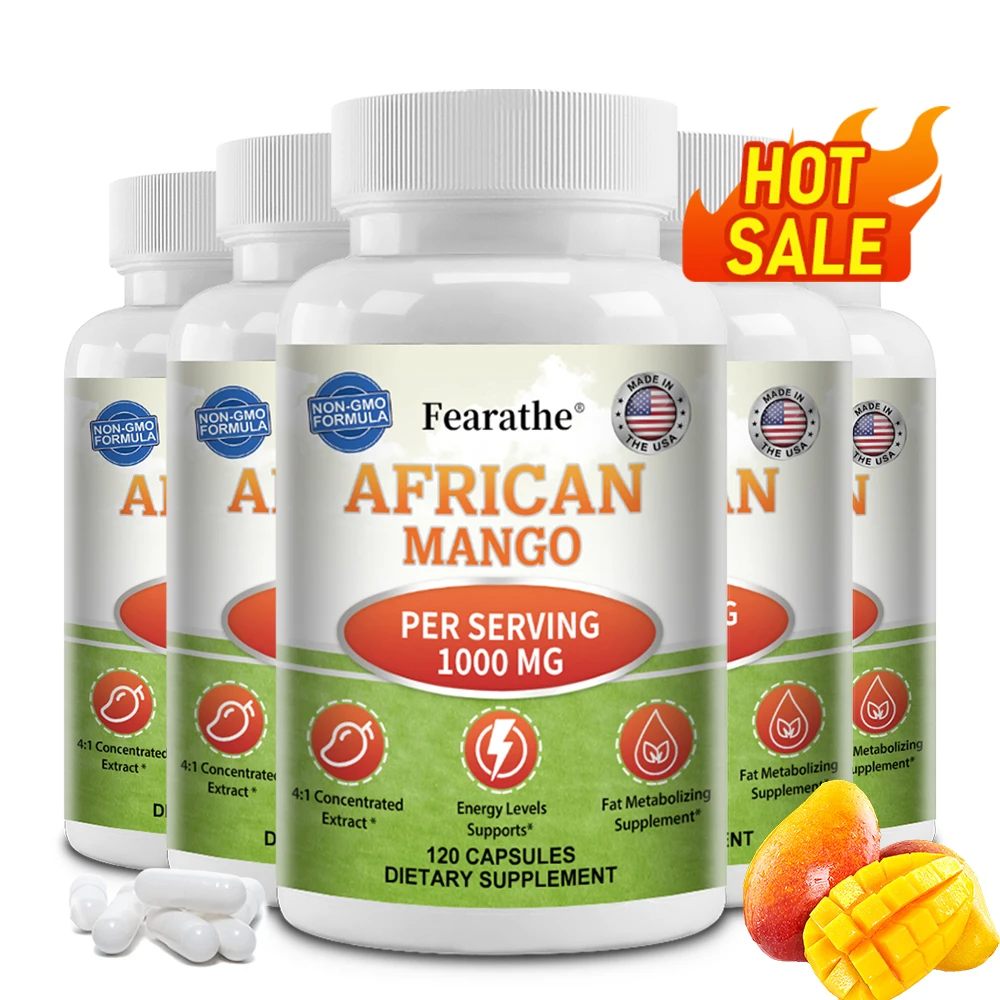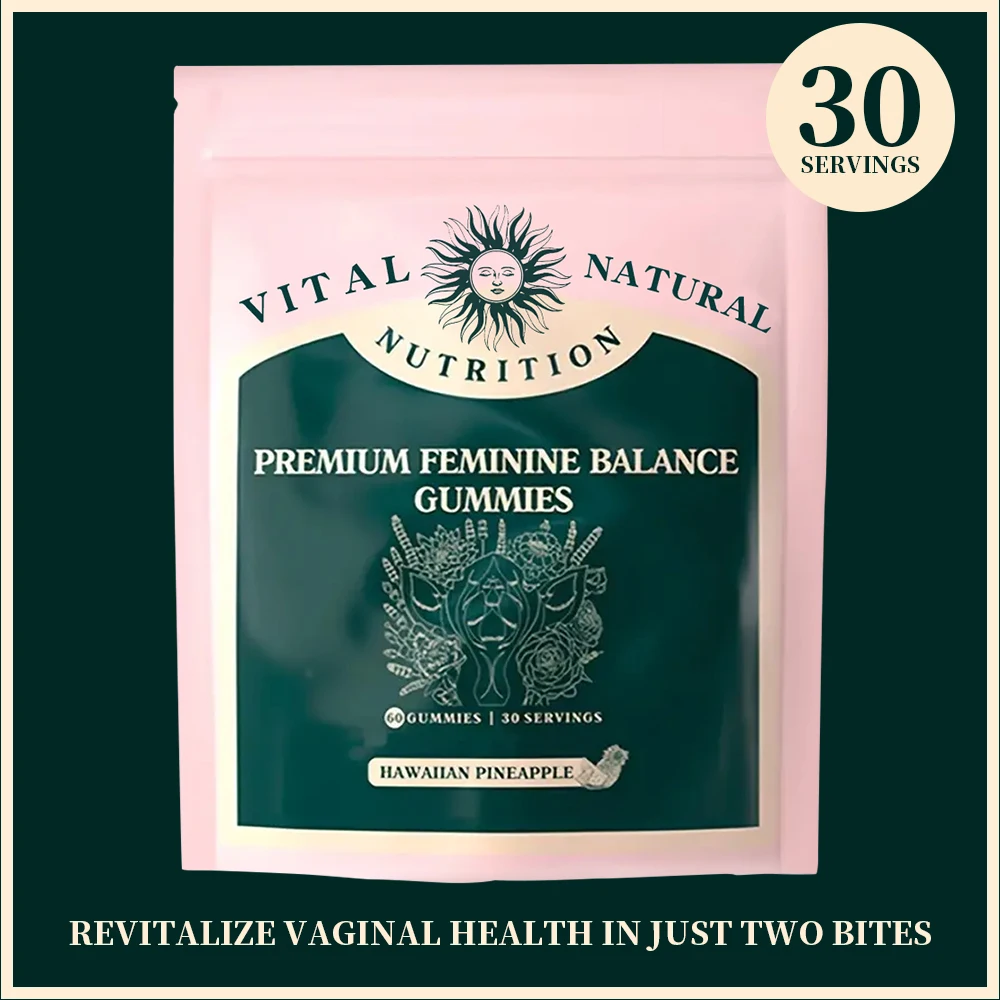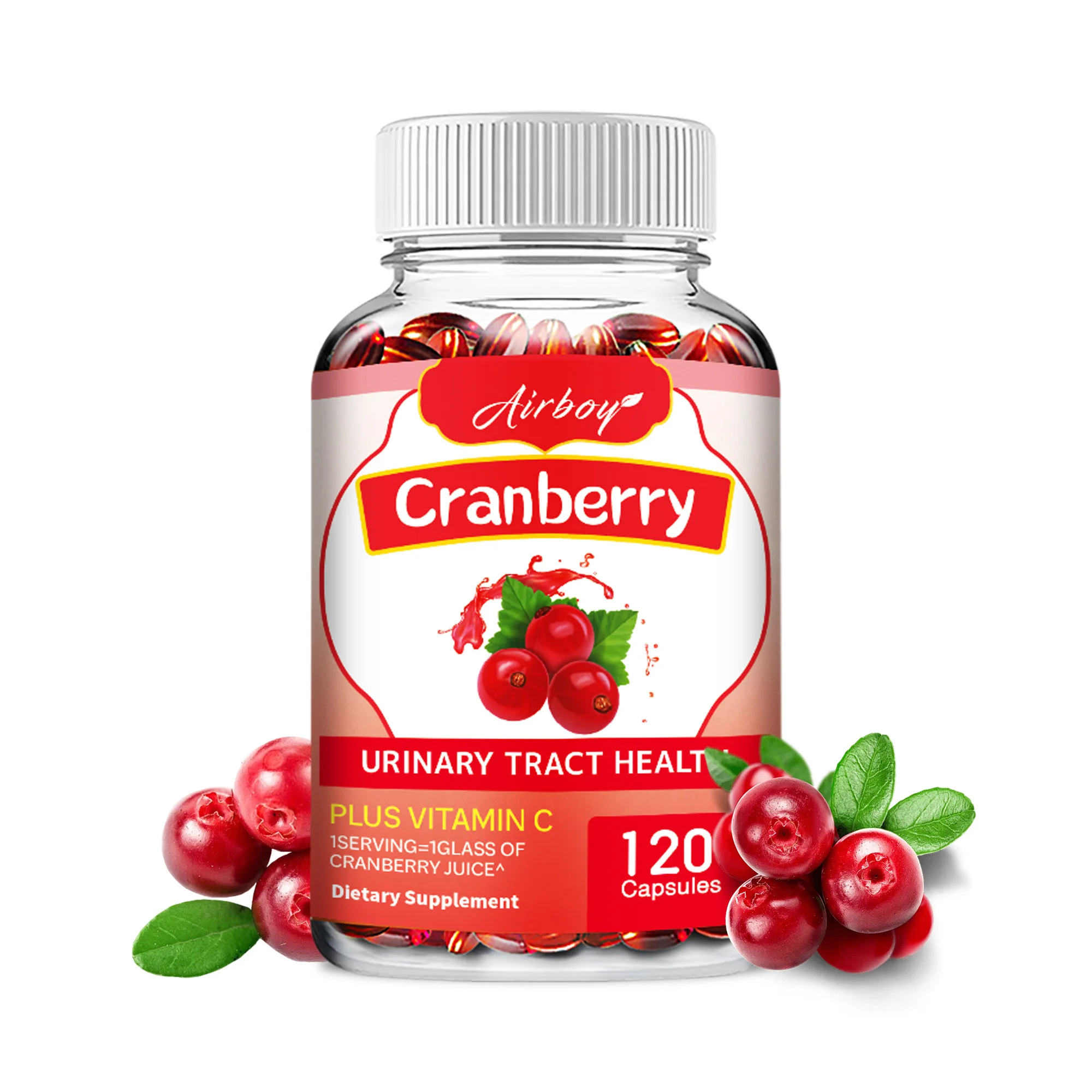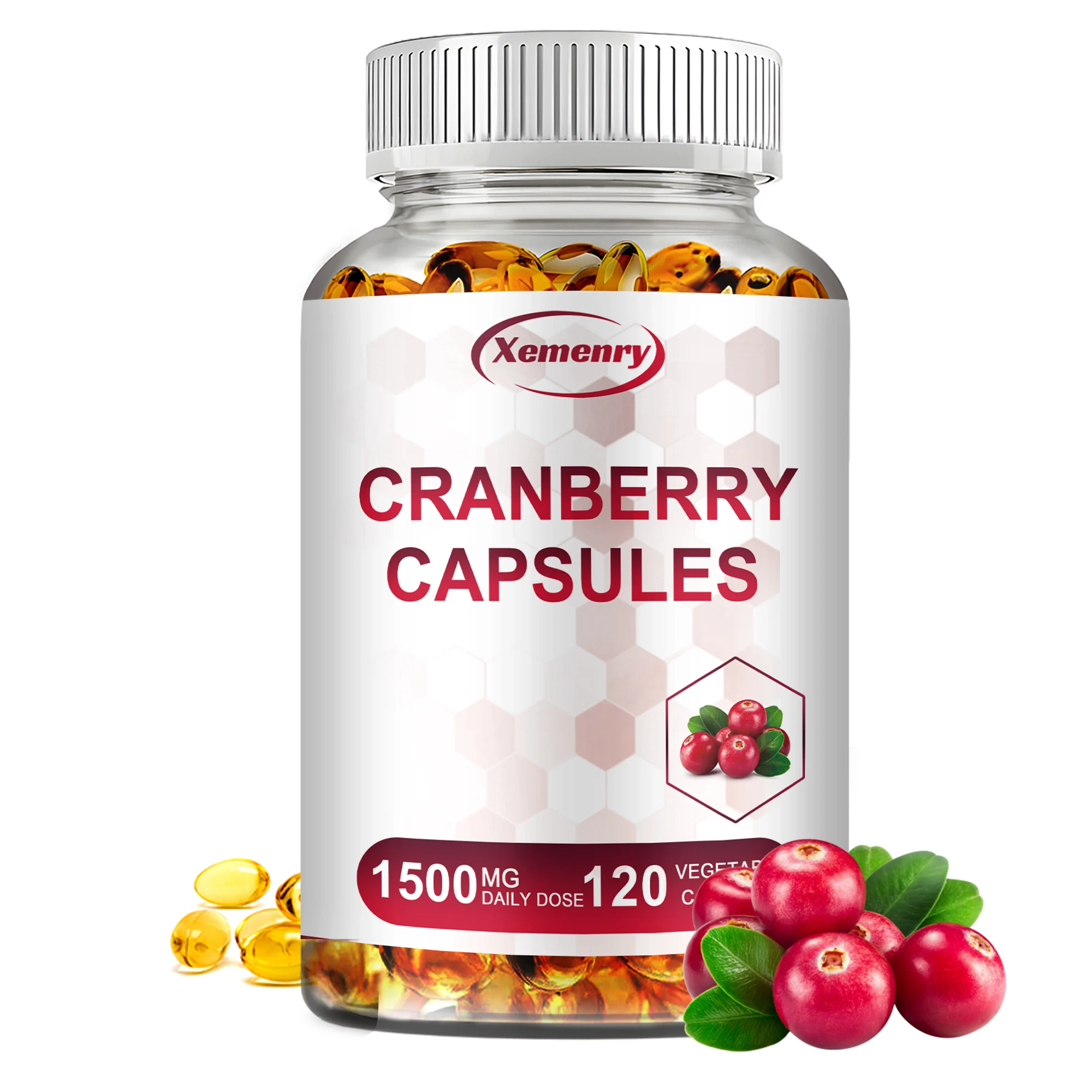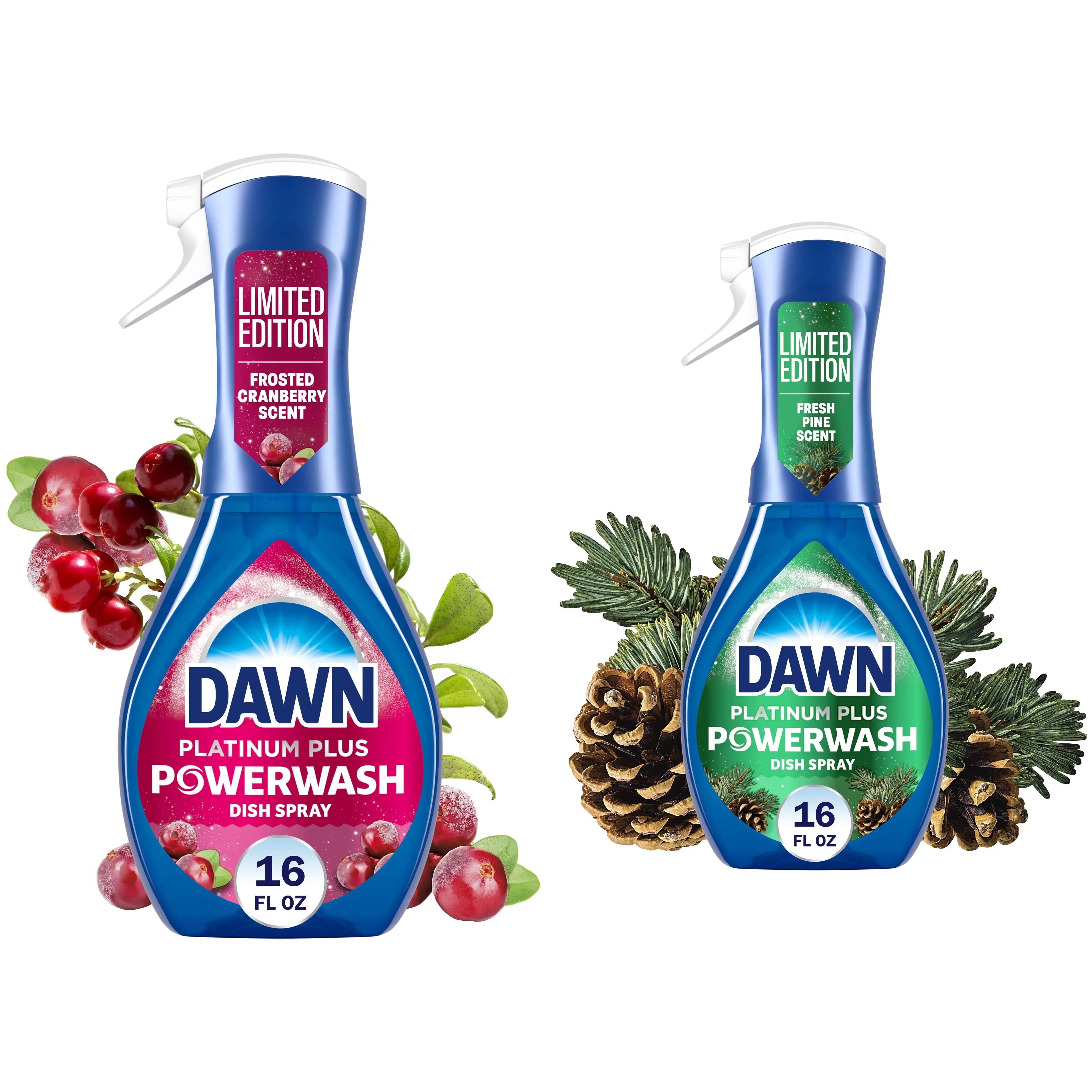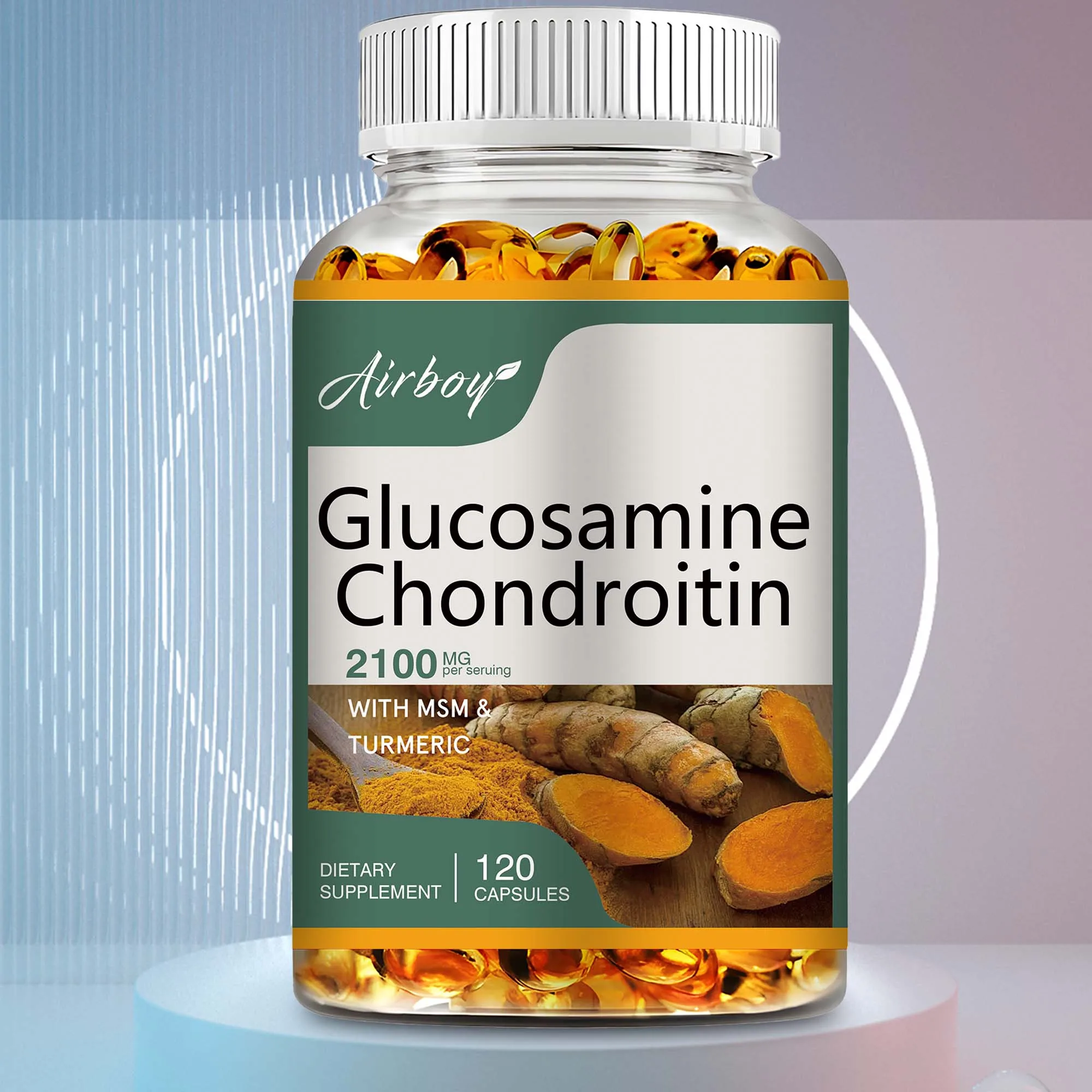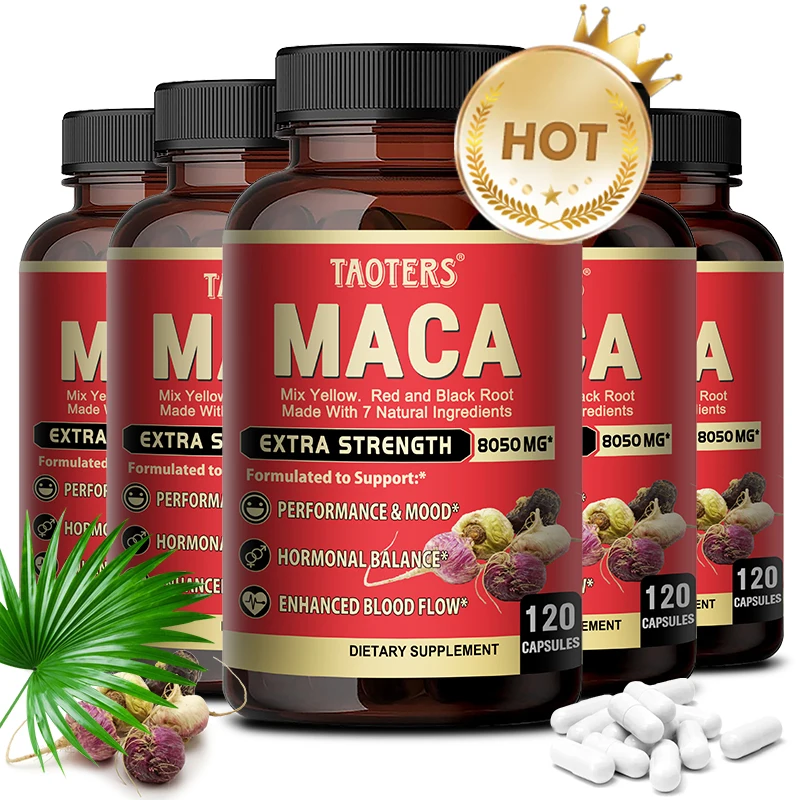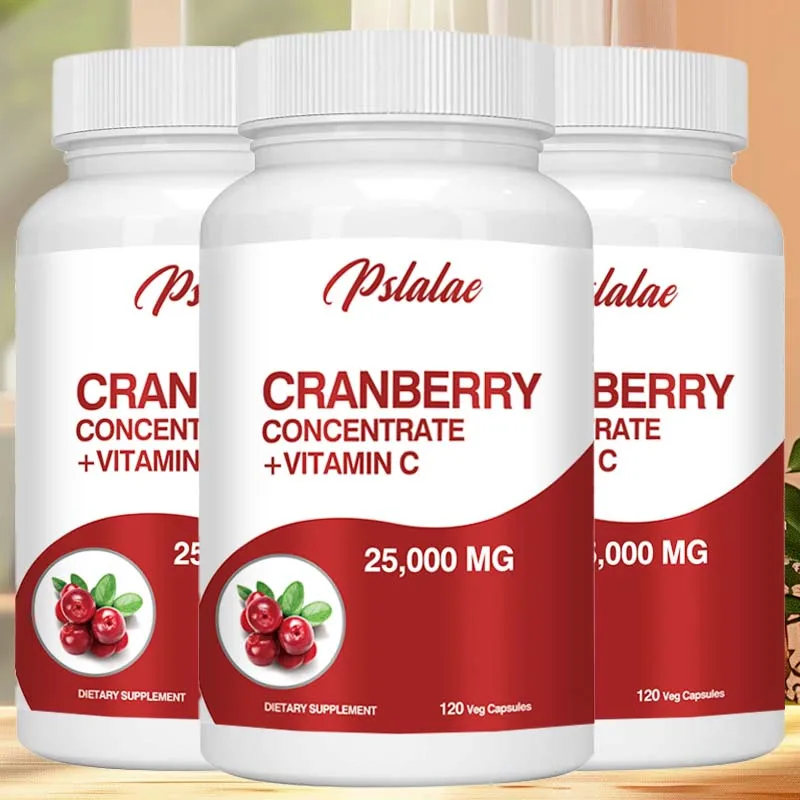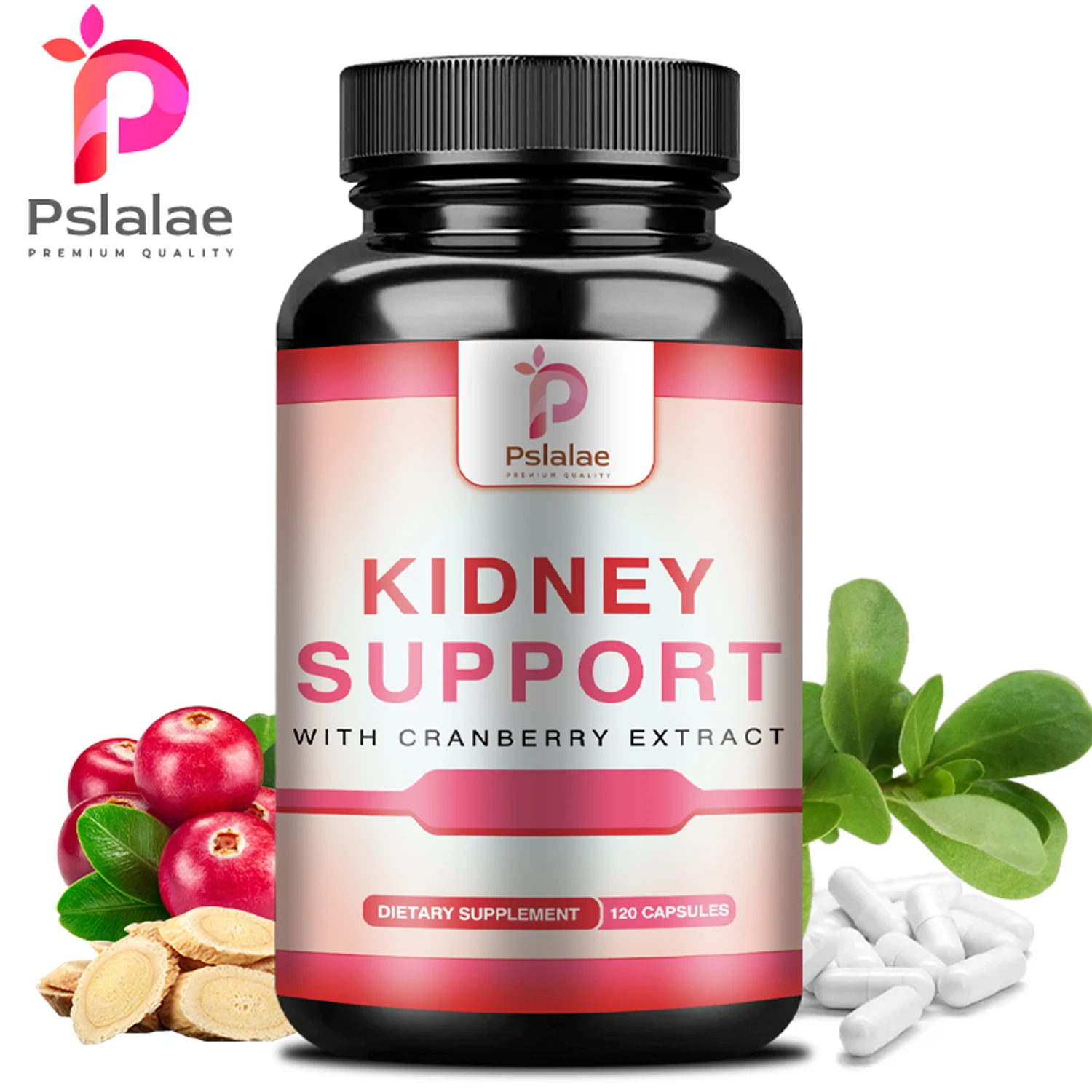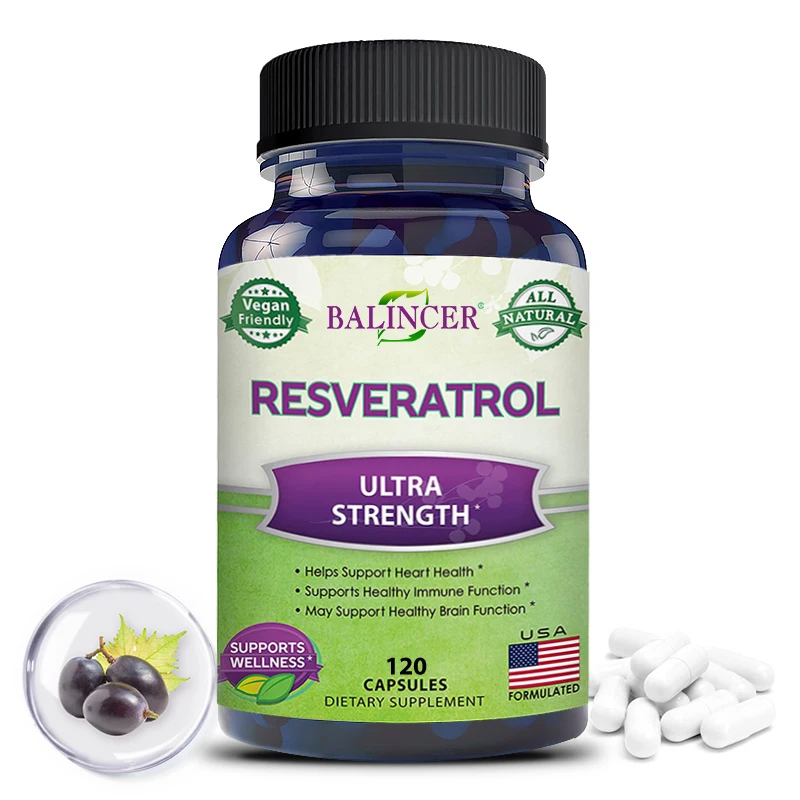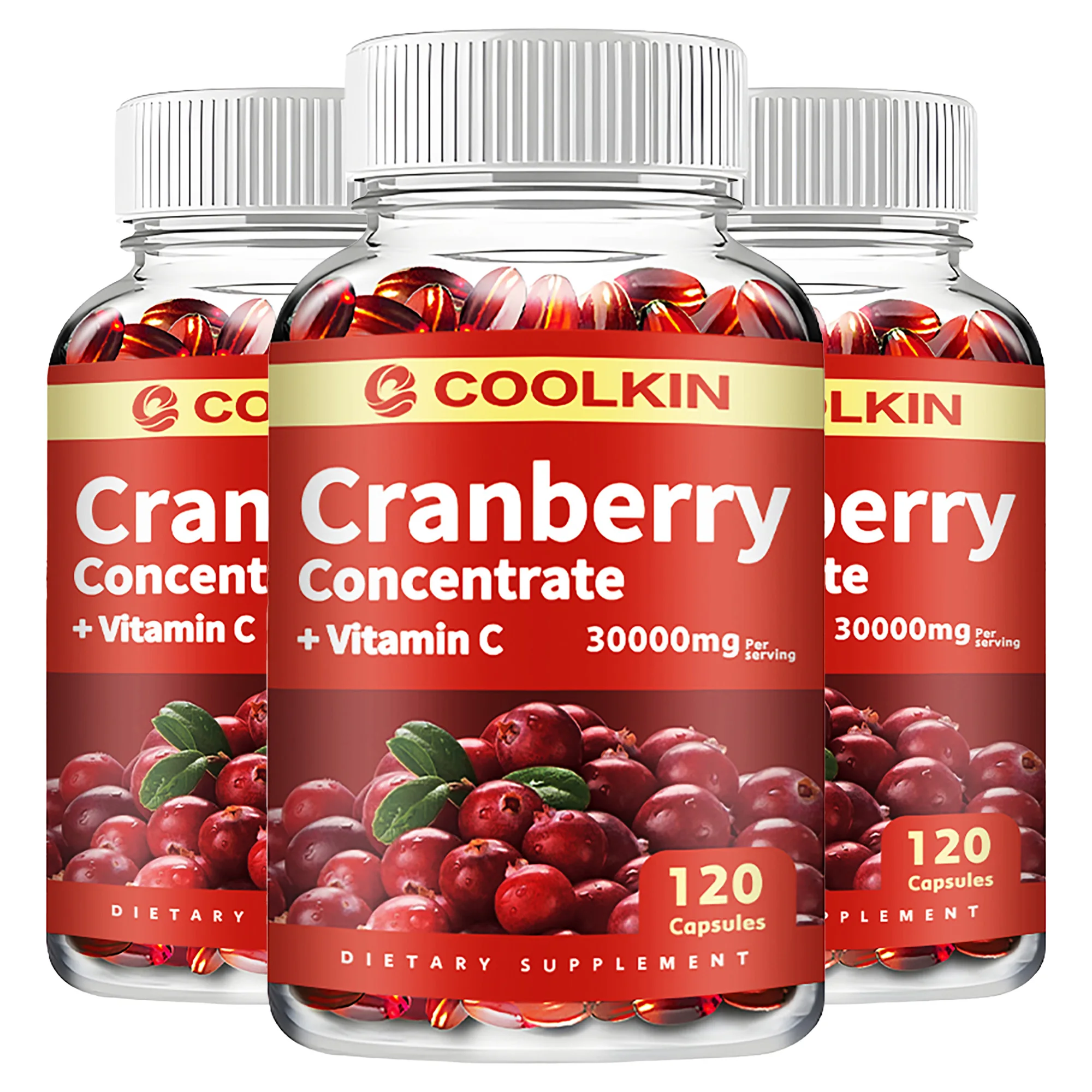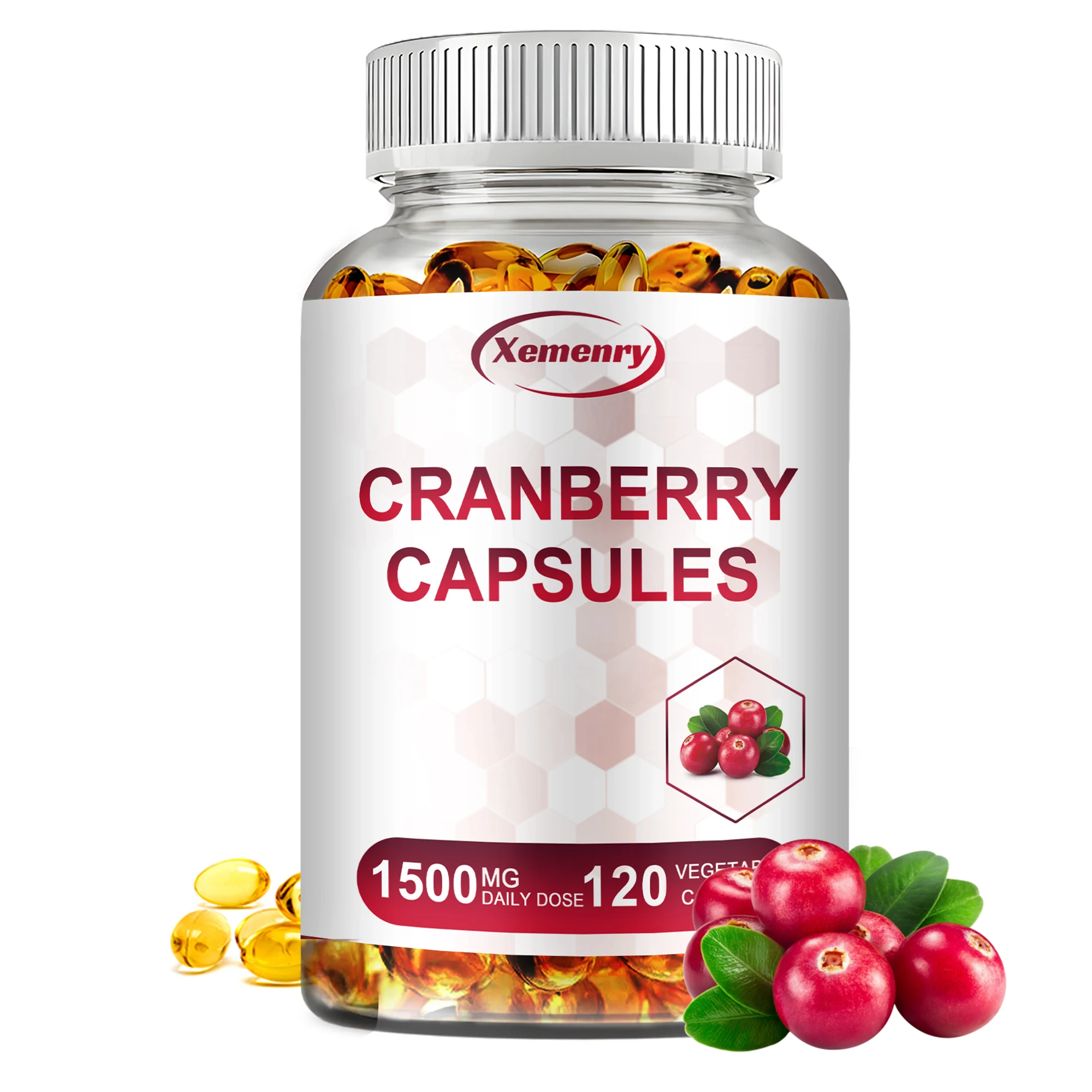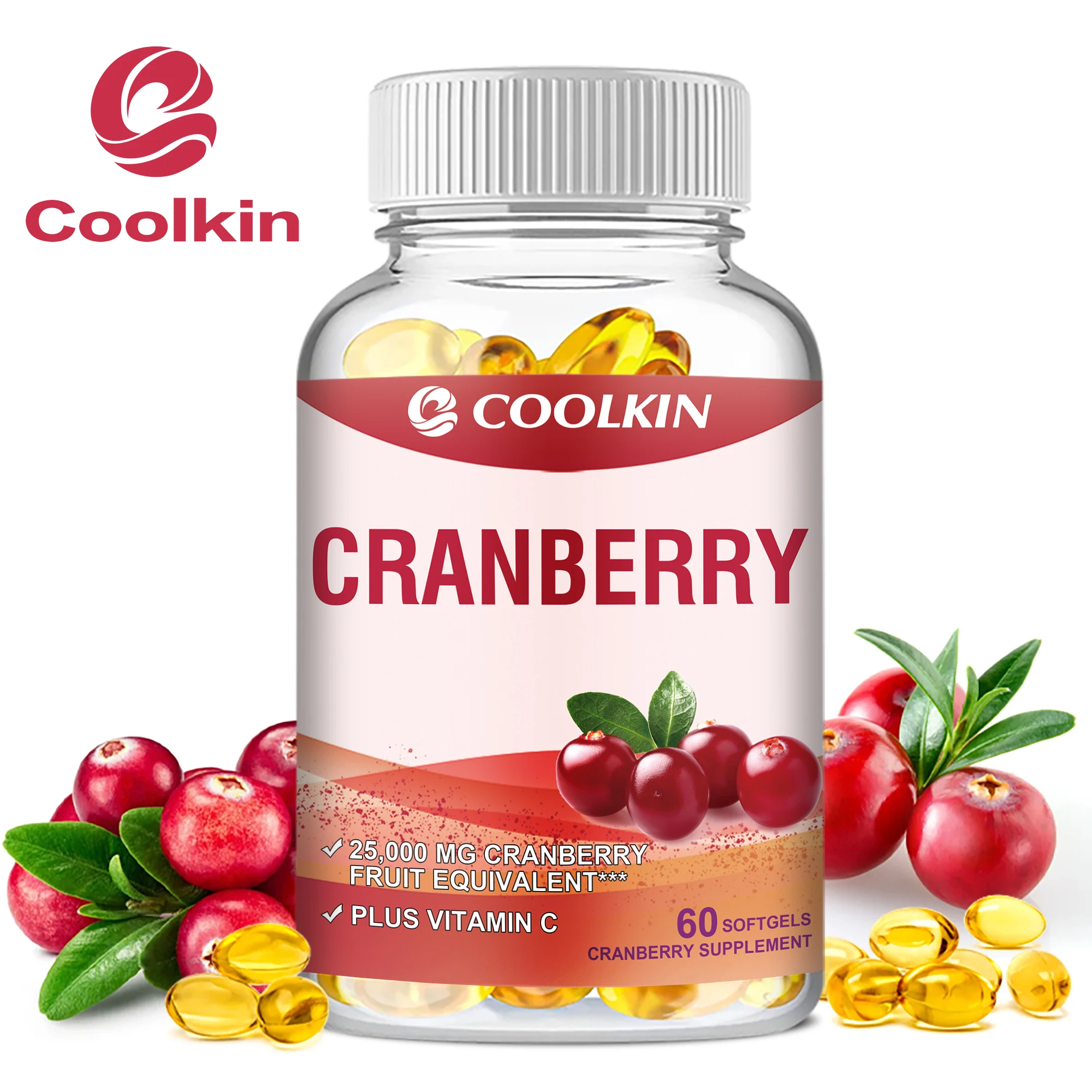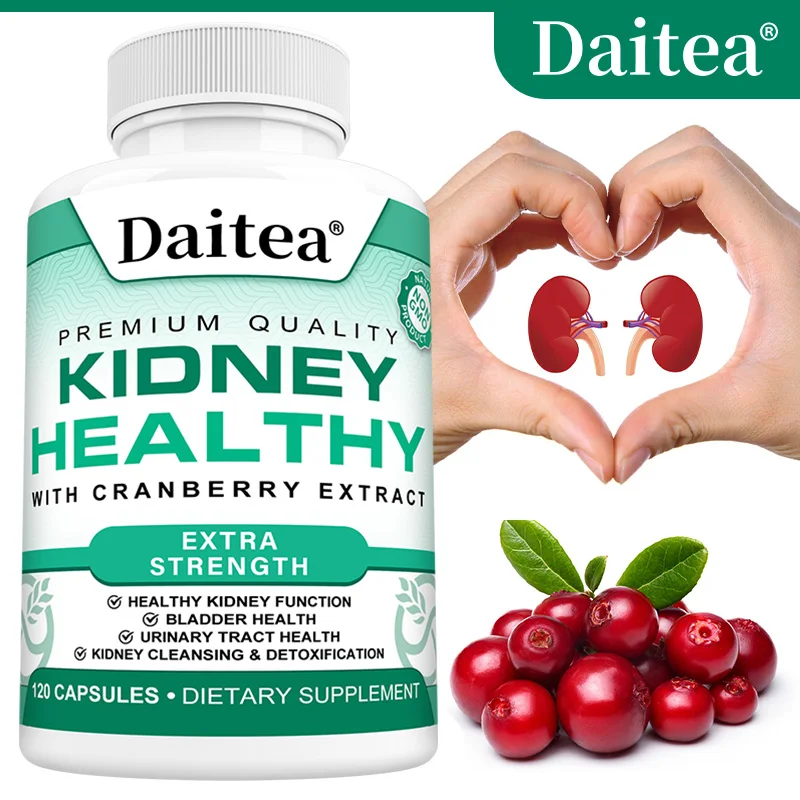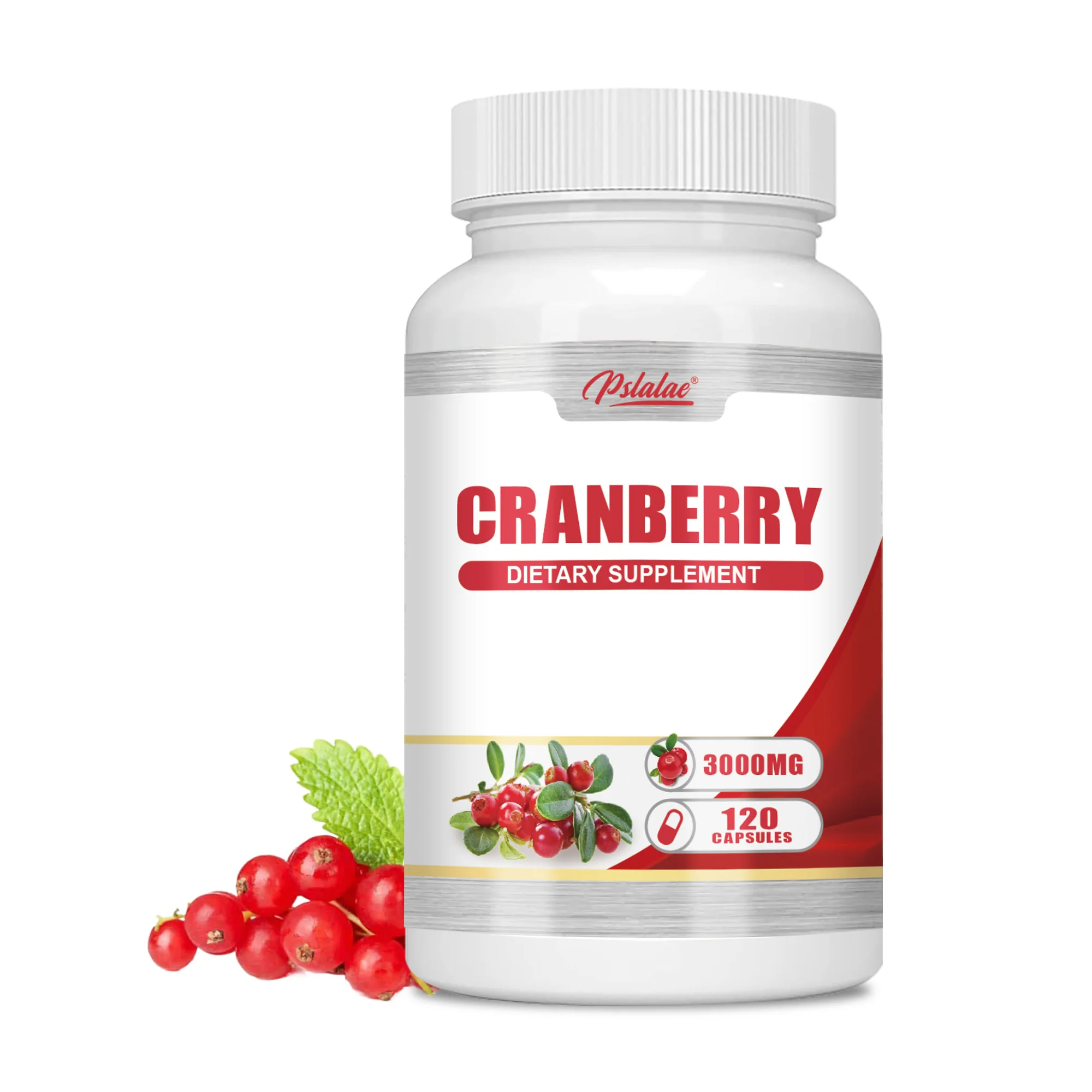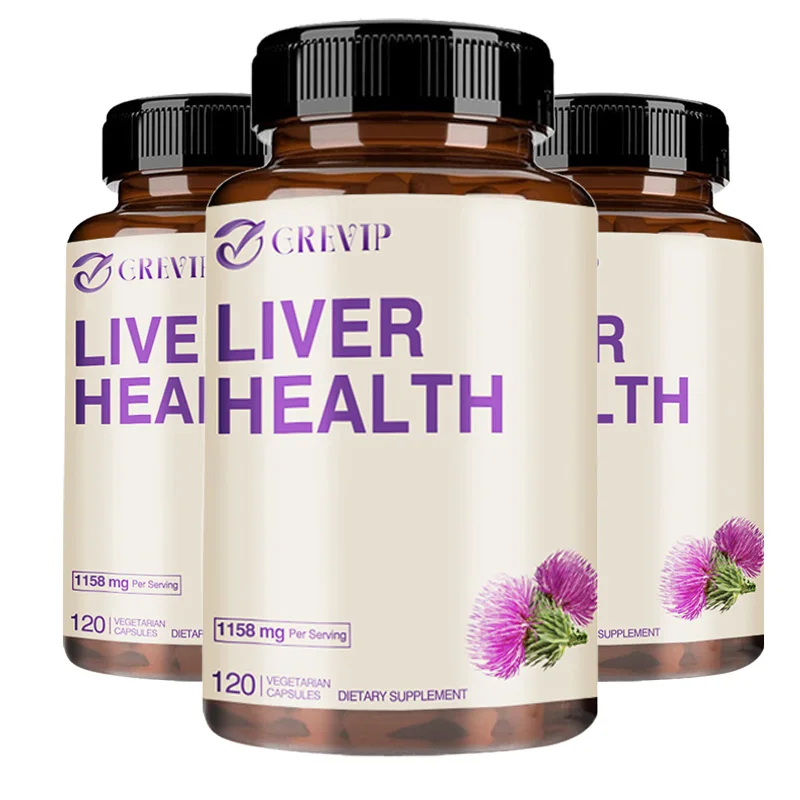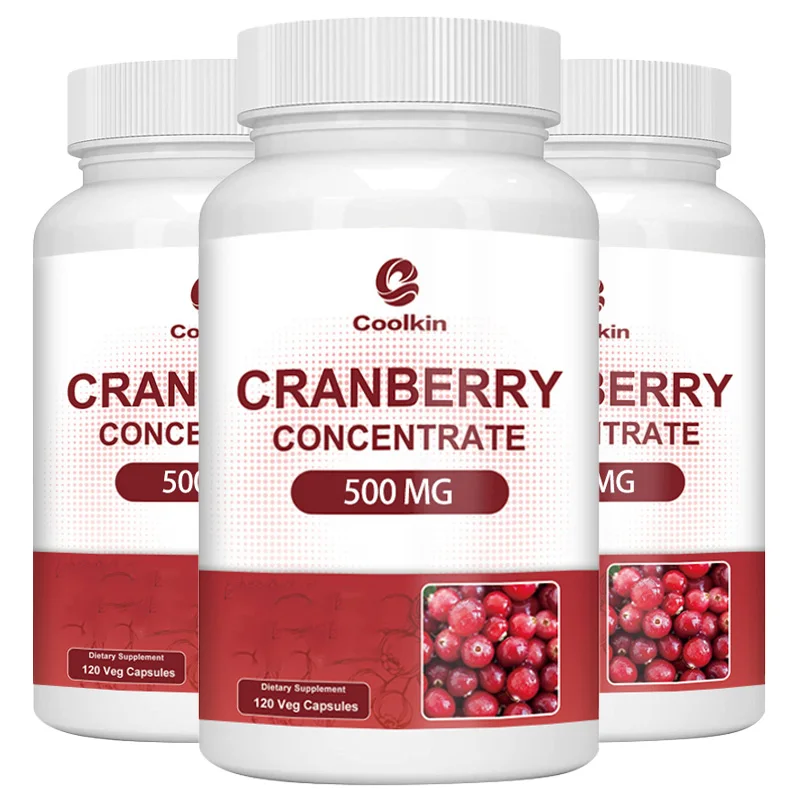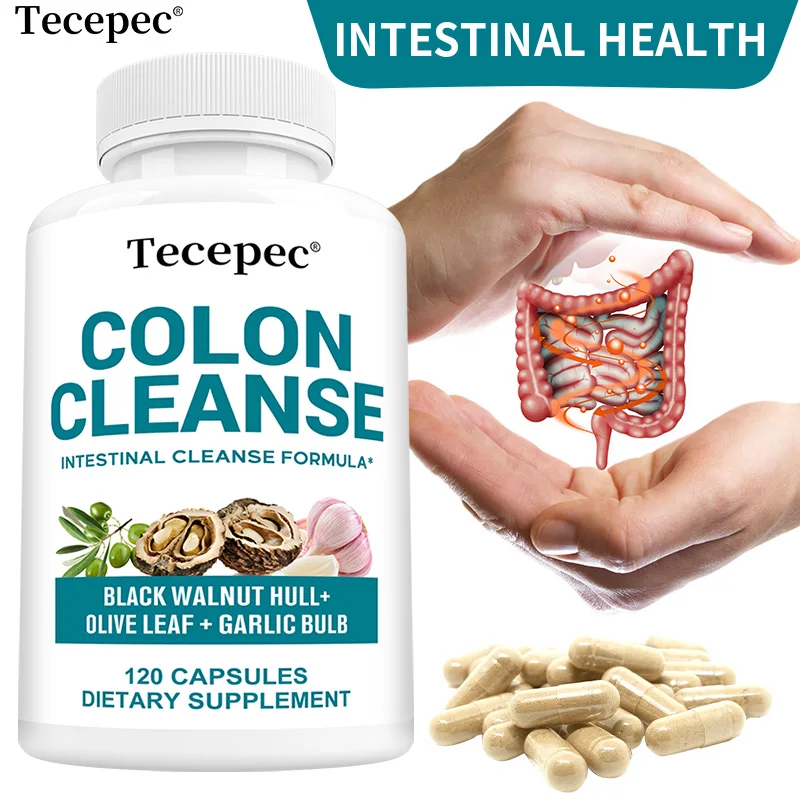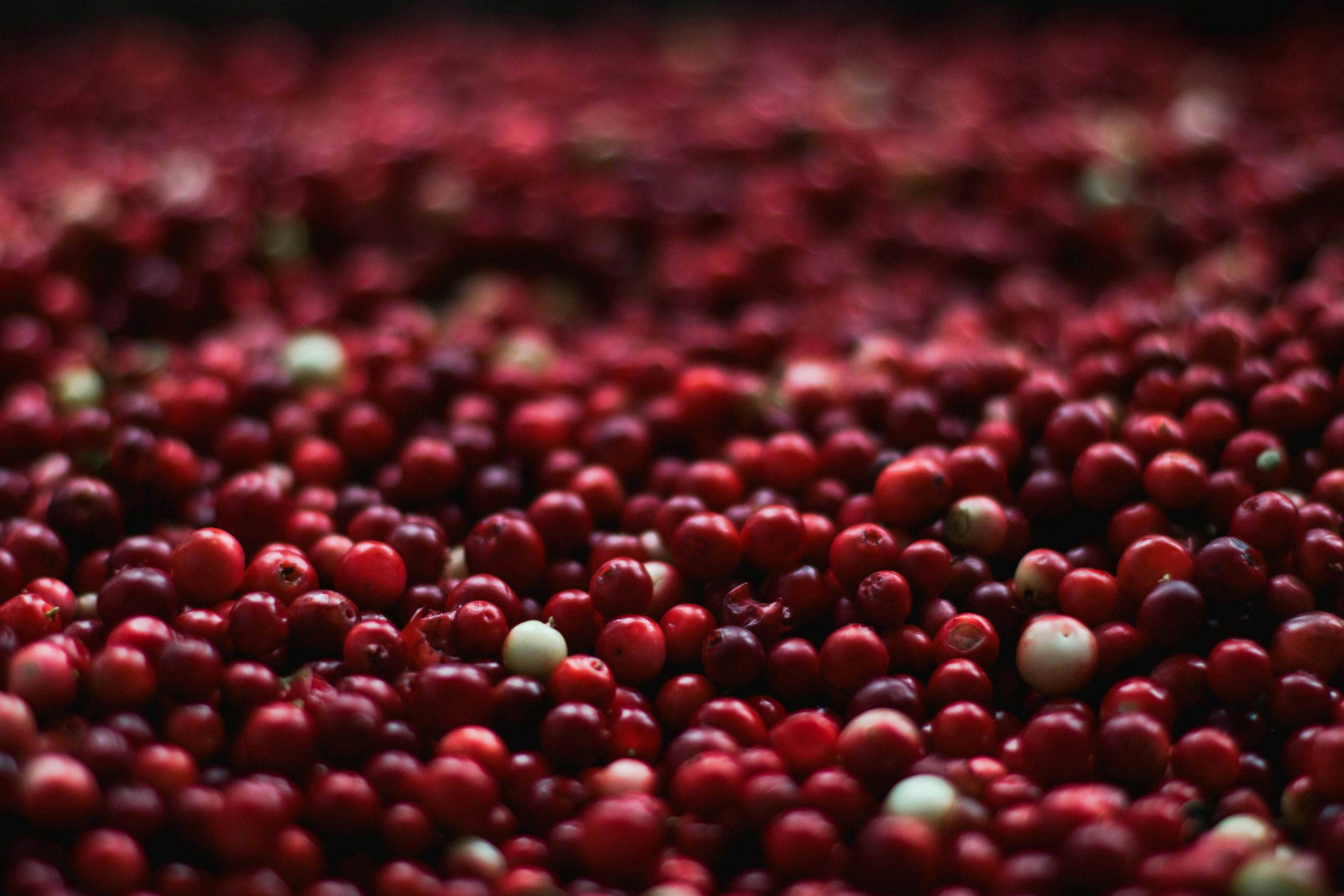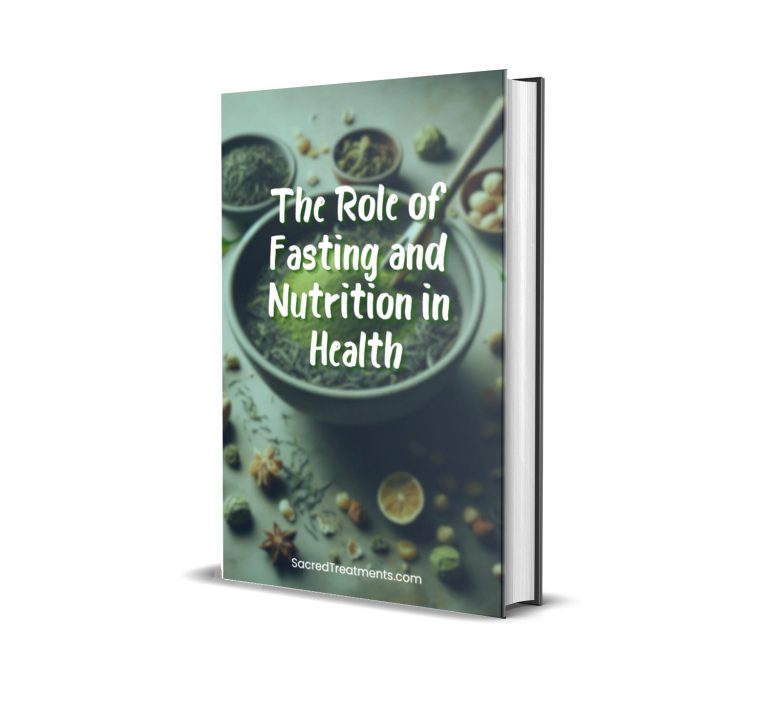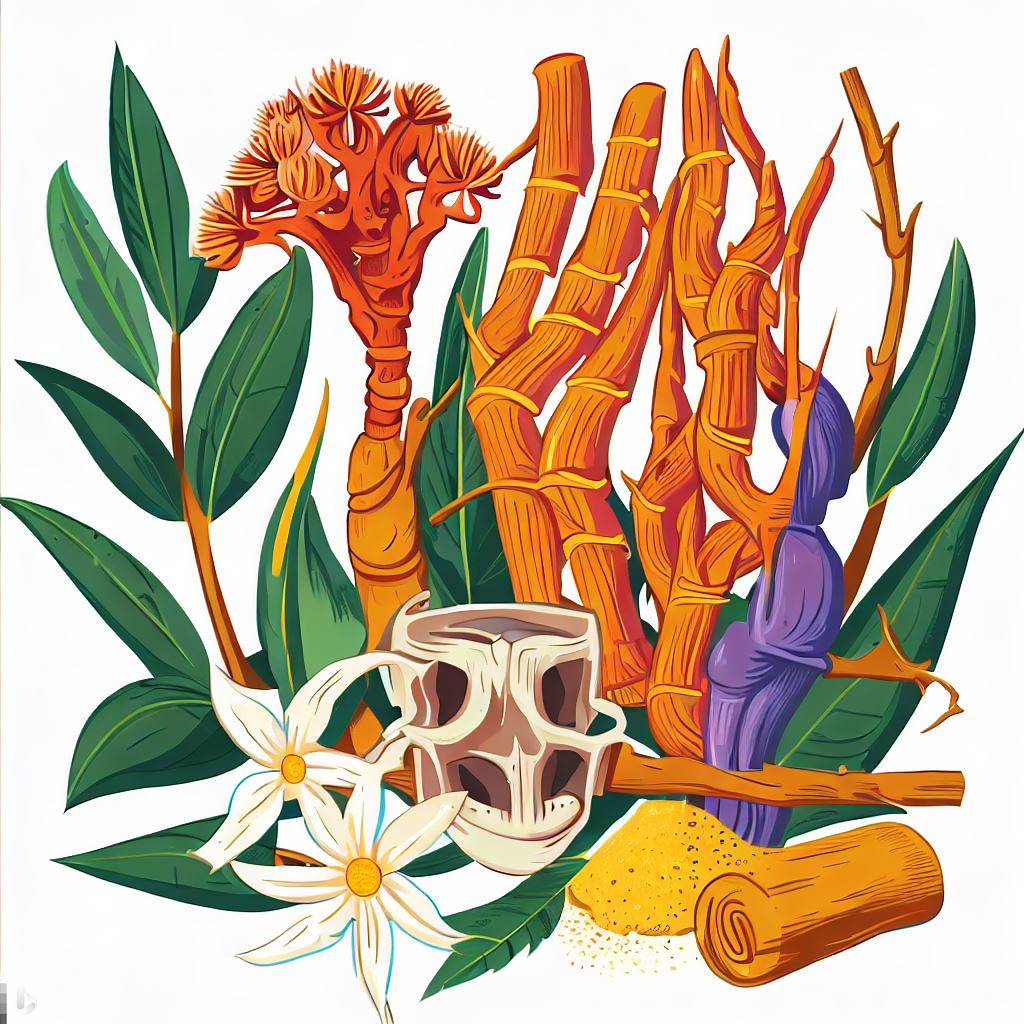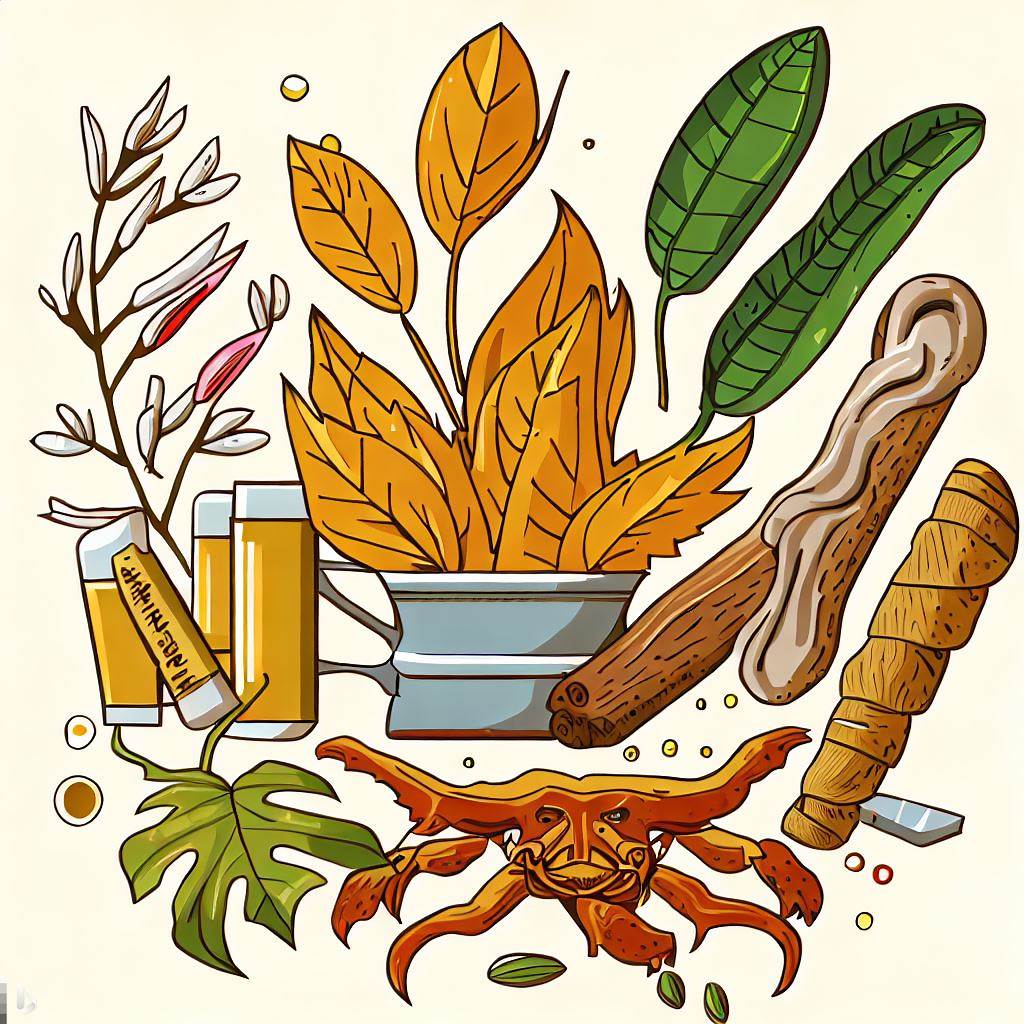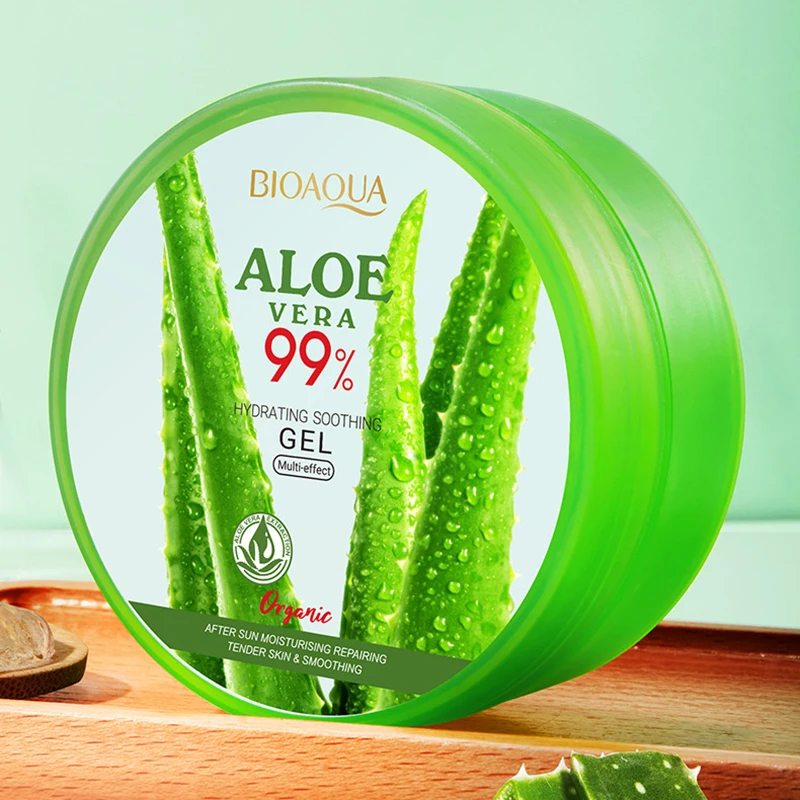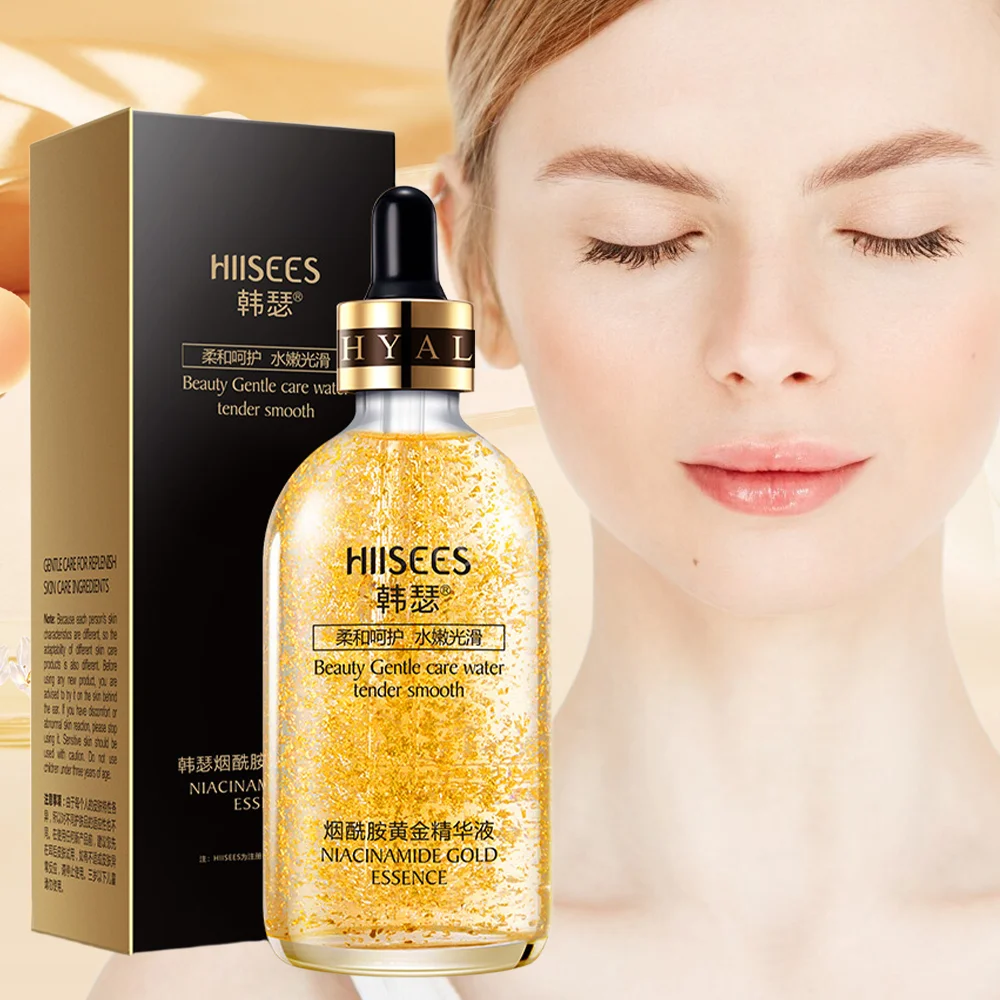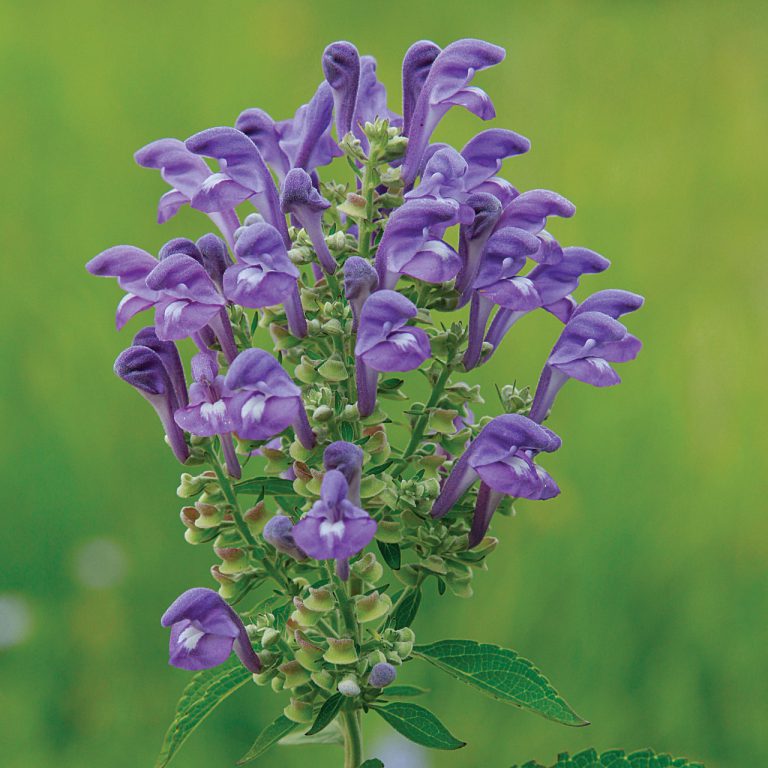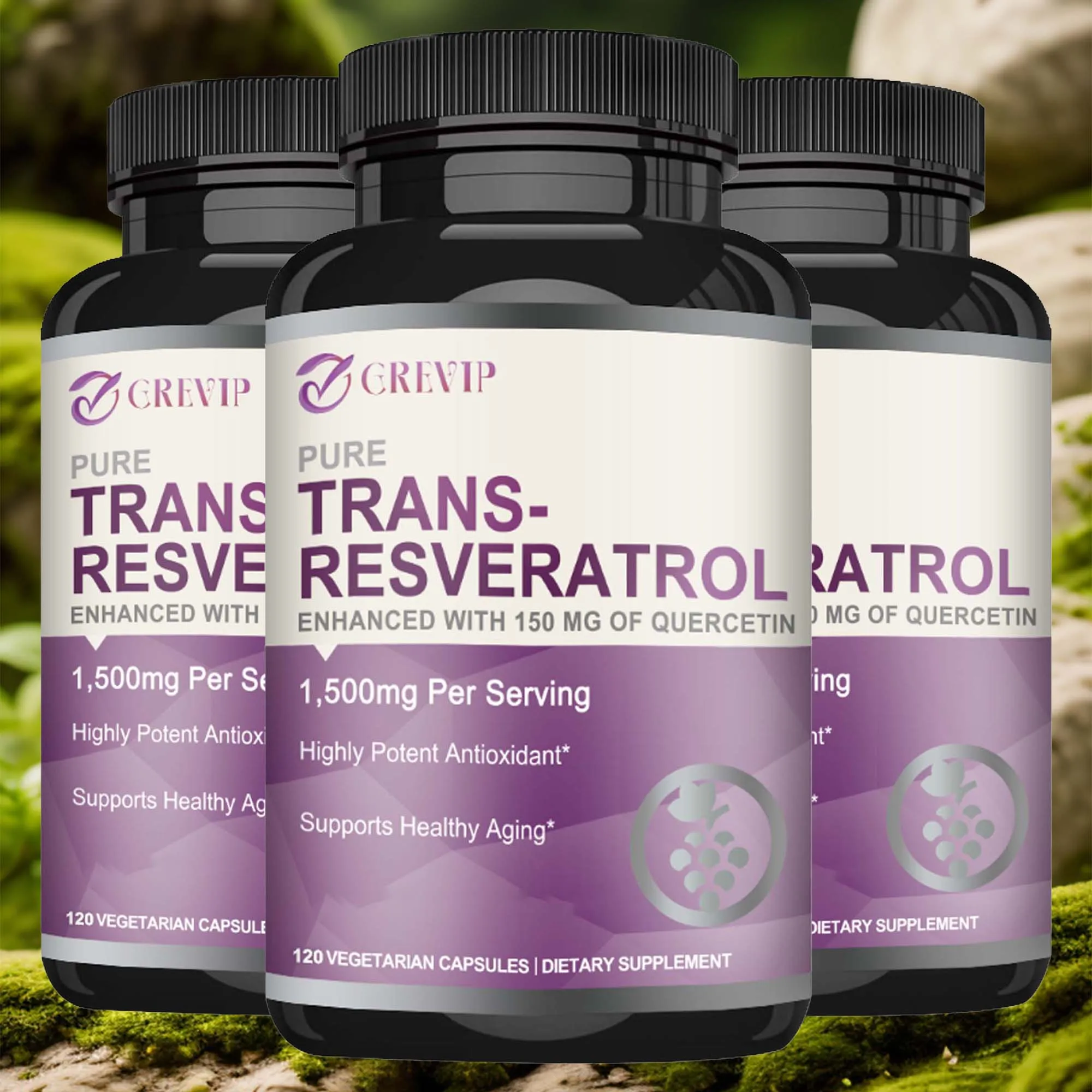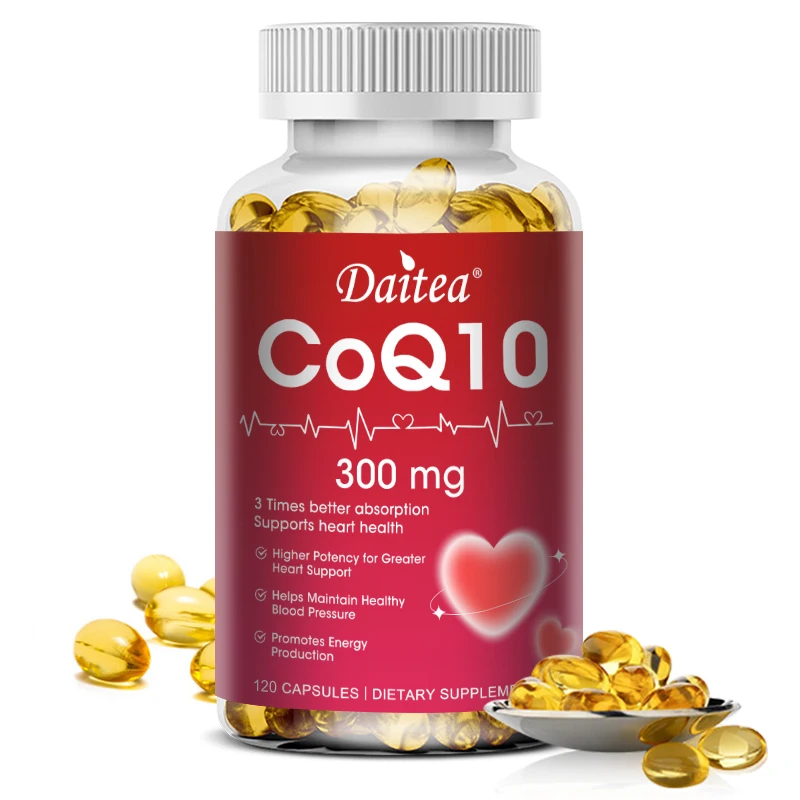In the vast world of herbalism, few plants are as cherished and versatile as Calendula officinalis, commonly known as calendula or pot marigold. With its brilliant golden-orange blossoms and gentle healing properties, calendula has earned a revered place in traditional medicine cabinets, garden plots, and modern skincare formulas alike. But what exactly makes this humble flower such a powerful natural remedy?
A Brief History of Calendula in Herbalism
Calendula has been used for centuries across cultures—from ancient Egypt to medieval Europe. Herbalists have long turned to this plant to treat everything from skin irritations to internal inflammation. In folk medicine, it was believed to possess magical powers, often used in rituals for protection, healing, and purification. Today, science is beginning to confirm what generations already knew: calendula is more than just a pretty flower.
The Botanical Magic Behind the Flower
The healing properties of calendula come from its rich profile of bioactive compounds, including:
- Flavonoids – Antioxidants that help reduce inflammation and fight free radicals.
- Triterpenoids – Compounds that contribute to calendula’s anti-inflammatory and healing effects.
- Carotenoids – Nutrients responsible for the flower’s bright color and skin-protective benefits.
- Essential oils – With antibacterial, antifungal, and calming properties.
These components work synergistically to support skin regeneration, soothe irritation, and protect against infections.

Topical Uses: Skin’s Best Friend
Calendula is most celebrated for its topical applications. It’s found in countless balms, salves, creams, and oils designed to:
- Speed up wound healing – From minor cuts to scrapes and burns, calendula supports tissue repair.
- Calm eczema and dermatitis – Its anti-inflammatory action reduces redness, itchiness, and swelling.
- Soothe diaper rash – Calendula is a gentle, effective alternative to synthetic creams for babies.
- Treat acne and blemishes – Its antimicrobial properties help combat the bacteria responsible for breakouts.
Calendula oil or infused salves are simple to make at home by steeping the dried petals in a carrier oil like olive or jojoba for several weeks.
Internal Benefits: Gentle Yet Powerful
While best known for external use, calendula also offers internal healing. In tincture or tea form, it has been traditionally used to:
- Support digestive health – Calendula tea soothes inflamed mucous membranes in the stomach and intestines.
- Stimulate lymphatic flow – Helping the body eliminate waste and reduce swelling.
- Ease menstrual discomfort – Its mild antispasmodic effect can alleviate cramps and balance hormonal fluctuations.
Growing and Harvesting Calendula
One of the joys of calendula is how easy it is to grow. A hardy annual, it thrives in most temperate climates with minimal care. It blooms from early summer through fall and continually produces flowers if regularly harvested.
To harvest, pick the blossoms when fully open and dry them in a cool, dark place. Once completely dried, they can be stored in an airtight container for use in teas, salves, and infusions year-round.
A Gentle Healer for Everyday Life
Whether you’re an experienced herbalist or just beginning your journey with plant medicine, calendula is a must-have ally. Its gentle yet potent healing qualities make it safe for the whole family, and its beauty brightens any garden or remedy shelf.
In a world that often leans toward the synthetic and complicated, calendula reminds us of the simple, profound power of nature. Sometimes, the best medicine really does grow right outside our door.

